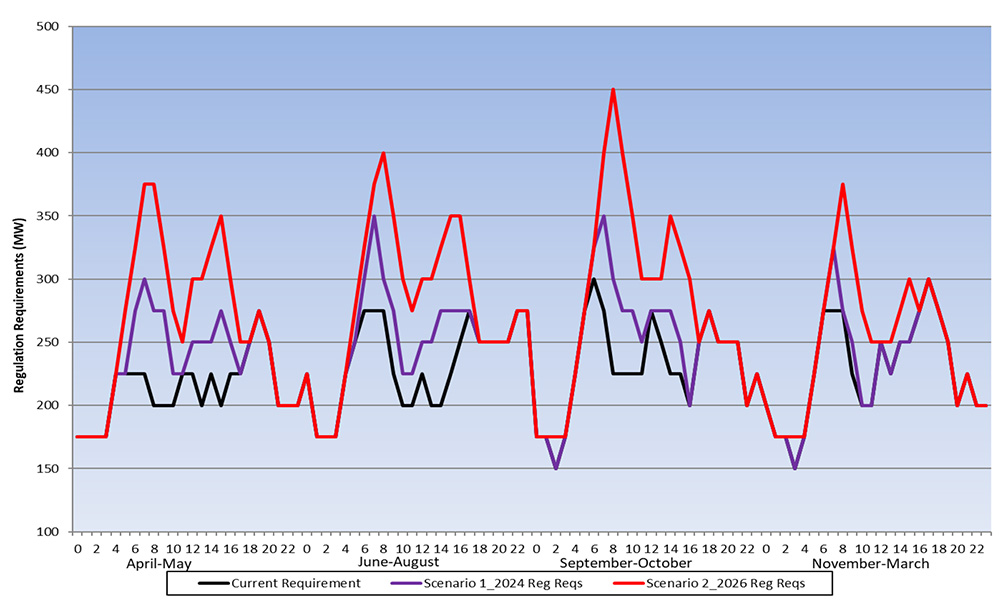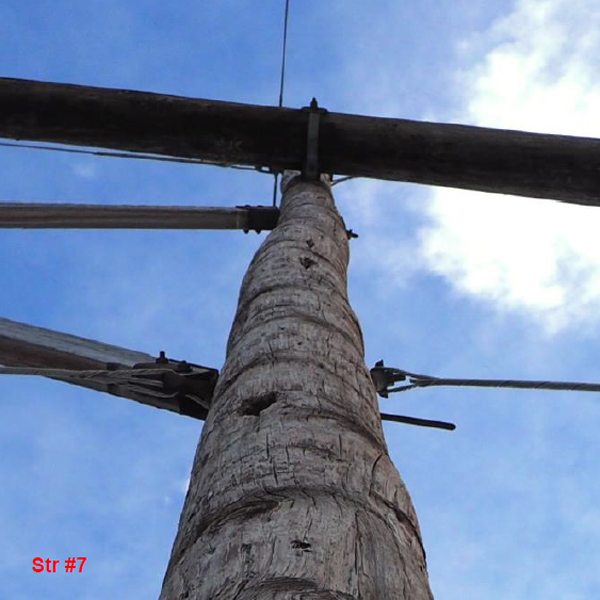New Jersey’s Cape May County has appealed a state Board of Public Utilities decision to grant Ørsted an easement to run a transmission cable from the state’s first offshore wind project to an onshore substation.
The appeal, filed with the state Appellate Division April 5, argues that the BPU committed a “legal error” in concluding that developer Ørsted’s application for the easement for Ocean Wind 1 was not a “contested” case, negating the need for full hearing before an administrative law judge.
The decision “effectively turned the matter into a summary proceeding with none of the procedural and substantive due process protections required in the context of the taking of real property by government … supplanting of the authority of duly elected officials,” the county said in its appeal.
“There was no opportunity for any party to cross examine the witnesses supporting the petition and no opportunity for formal discovery,” the appeal said. “Consequently, the proceedings were fundamentally unfair [and] deprived the Appellant County of due process of law and resulted in a legally unsupportable and unjust result.”
Testing a New Law
The appeal is the second filed against the BPU involving an easement approved for Ocean Wind 1 and is the second to test a new state law approved in July 2021 specifically to assist the advance of offshore wind projects. The law (S3926) allows the BPU to override local government agencies and give permission for developers to site, construct and operate “wires, conduits, lines and associated infrastructure” on public land if they are shown to be “reasonably necessary” to the project. (See NJ Lawmakers Back Offshore Wind Bills.)
Ørsted is seeking to run a 275-kV underground line through the Jersey Shore community of Ocean City, which is in Cape May County, to connect with the PJM grid at a substation sited on a now closed coal-fired power plant in neighboring Upper Township.
To move ahead, the developer needed a temporary 18-month easement and a permanent 30-foot-wide easement to run the same cable across county land in Ocean City, which the BPU granted. (See NJ BPU Grants Second Easement for OSW Project.)
In response to an inquiry about the appeal by Net Zero Insider, an Ørsted spokesperson said the company “will not comment on pending litigation.”
In the earlier case, Ocean City appealed the BPU’s approval of an easement and various environmental approvals allowing the cable to run through the town, including across land improved by state Green Acres funds, which are awarded to develop parks and open space. (See NJ BPU Approves Easement Plan for 1st OSW Project.)
In both cases, the BPU’s approval opens the way for Ørsted to seek easement and permit approval from the New Jersey Department of Environmental Protection, which is needed for the project to get federal backing.
Erasing Home Rule
The BPU’s decisions in the two cases followed several public hearings on each case in which testimony was provided by representatives of Ørsted, Cape May County, the New Jersey Division of Rate Counsel, Ocean City and others, including some local governments that also opposed the easement. Nine South Jersey municipalities in or around the shore opposed the granting of the easement, and the wind projects met opposition from residents, commercial fishermen and tourism sectors that worry about the impact of having visible turbines off the Jersey Shore, a major economic driver for the state.
Opponents raised questions about what other cable routes Ørsted had considered and why it did not opt for any of them. Another issue raised was the estimated cost of pursuing each of the alternatives and whether the developer picked the route it did simply because that route was the cheapest to execute, regardless of the potential disruption to the community. Ørsted argued that the cost was irrelevant because it would pay the bill itself, and not the public.
The Cape May appeal says the “decision of the BPU that easements and consents sought under the petition are reasonably necessary for the construction and operation of the offshore wind project was arbitrary, capricious, and/or unreasonable and must be reversed.”
The decision “effectuated the erasure” of Home Rule — a prized concept in New Jersey that gives local governments authority over municipal affairs — and “disenfranchised the voters of the county,” the appeal said.
The county argued that, prior to seeking the BPU’s approval of the easement, the developer “sent letters to the County of Cape May with vague, ambiguous and conditional demands that left the County incapable of determining what consents or property interests Ocean Wind was demanding from the County.”
The appeal said that Ørsted conducted no appraisal of the value of the county property needed for the easement and failed to give the county all the required documentation required in the procedure, leaving it “without the ability to assess whether consent would be appropriate or not.”
Ørsted testified in the hearing that it had repeatedly held talks with the county and tried to strike an agreement over the permits, but the effort was fruitless because the county apparently did not want a deal.

